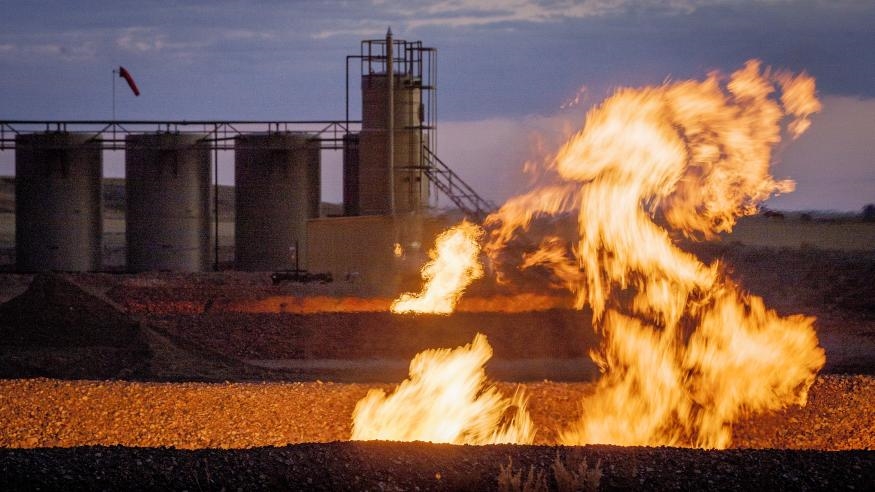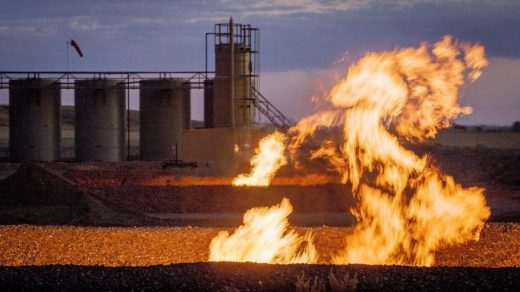UN initiative will use satellites to detect methane emission hotspots
UN initiative will use satellites to detect methane emission hotspots
Whether or not countries take action is another matter.


The United Nations is betting that satellites could help the world catch up on emissions reductions. The organization has unveiled a Methane Alert and Response System (MARS) that, as the name implies, will warn countries and companies of “major” methane emission releases. The technology will use satellite map data to identify sources, notify the relevant bodies and help track progress on lowering this output.
The initial MARS platform will focus on “very large” energy sector sources. It’ll gradually expand to include less powerful sources, more frequent alerts and data from animals, coal, rice and waste. Partners in the program, such as the International Energy Agency and UN’s Climate and Clean Air Coalition, will provide help and advice. The information also won’t remain a secret, as the UN will make both data and analyses public between 45 to 75 days after it’s detected.
The system will get its early funding from the US government, European Commission, Bezos Earth Fund and the Global Methane Hub. Both Bezos’ fund and GMH are backing related efforts, such as studies on spotting and counteracting agricultural methane emissions.
This is the first publicly available system of its kind, the UN claims. It will theoretically lead to faster, more targeted methane emissions reduction than you see today. That could be crucial in the years ahead. The UN warned at the COP27 conference that Earth was nowhere near limiting global warming to the 1.5 degrees Celsius from the Paris Agreement. As human-released methane is both a major contributor to climate change (about 25 percent, the UN says) and quick to leave the atmosphere, an effective use of MARS could help get environmental strategy back on track.
As you might imagine, though, MARS will only work if governments and businesses cooperate. There’s not much point to alerts if emissions contributors ignore them. An oil company might be reluctant to spend the money need to fix its flaring, for instance. The UN can point out a problem using this system, but it can’t require action.
(20)


